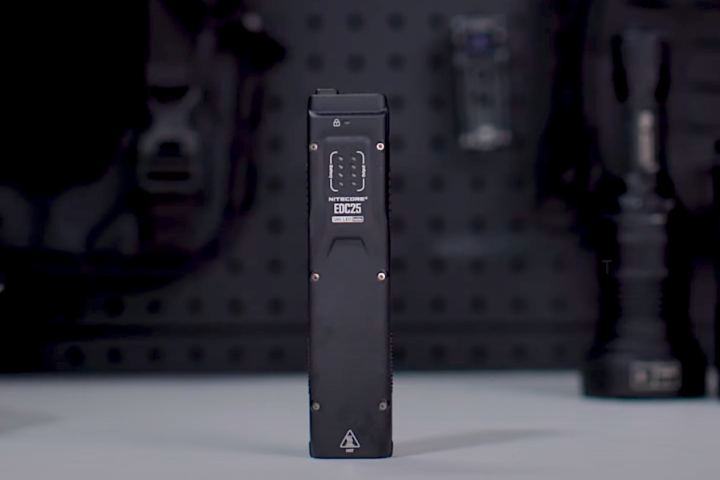September 11, 2007 Have you ever noticed that on some mornings you wake up more easily than others? These are the mornings when you wake up in the light, "almost awake-time" of your sleep cycle. The bad groggy mornings are when you have awakened from the deep sleep part of the sleep cycle. We've previously encountered technology that takes advantage of this phenomena in the form of the aXbo "sleep phase alarm clock" and now there's the wrist worn SleepTracker personal alarm watch. The SleepTracker tracks sleep cycles and allows you to set your "wake-up" time to coincide with moments of light sleep, meaning you wake up feeling more alert.
The average adult experiences 4-5 full sleep cycles over an 8-hour period. Each cycle lasts about 90-110 minutes and comprises five different stages. No two people have the same sleep cycles, and nobody has the same cycle twice. Many factors can influence sleep cycles, including diet, exercise, medications, drugs or alcohol, stress, sleep disorders, and sleep deprivation. Age and gender can play a role, too: women tend to sleep more soundly than men, and as we age, we sleep more restlessly.
The SleepTracker continuously monitors signals from your body that indicate whether you are asleep or awake and its internal sensors detect even the most subtle physical signals from your body to find your best waking moments. Once you set its alarm window, it monitors your sleep cycles for optimal waking moments during the preset alarm window and finds those almost awake-moments (which can be multiple during the sleep cycle alarm window) and gently wakes you when you're most alert.
The standard SleepTracker is now available for US$149.00




